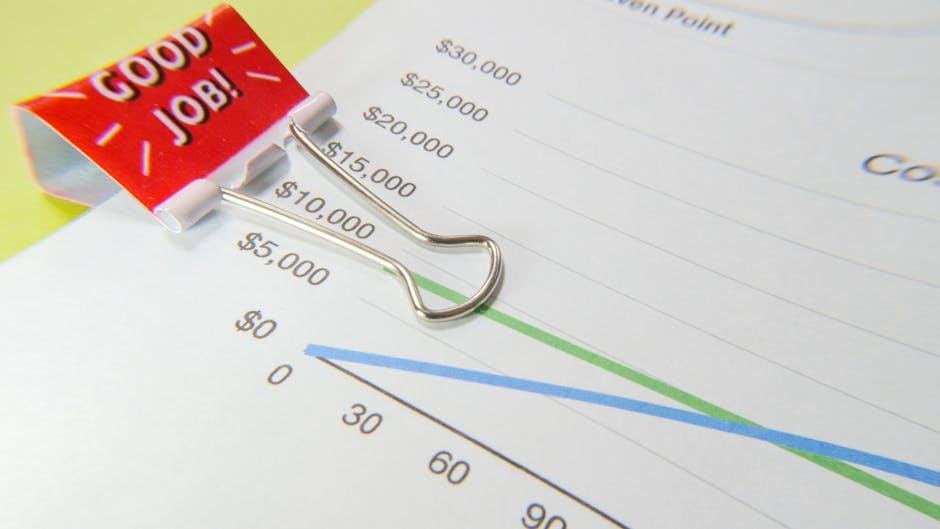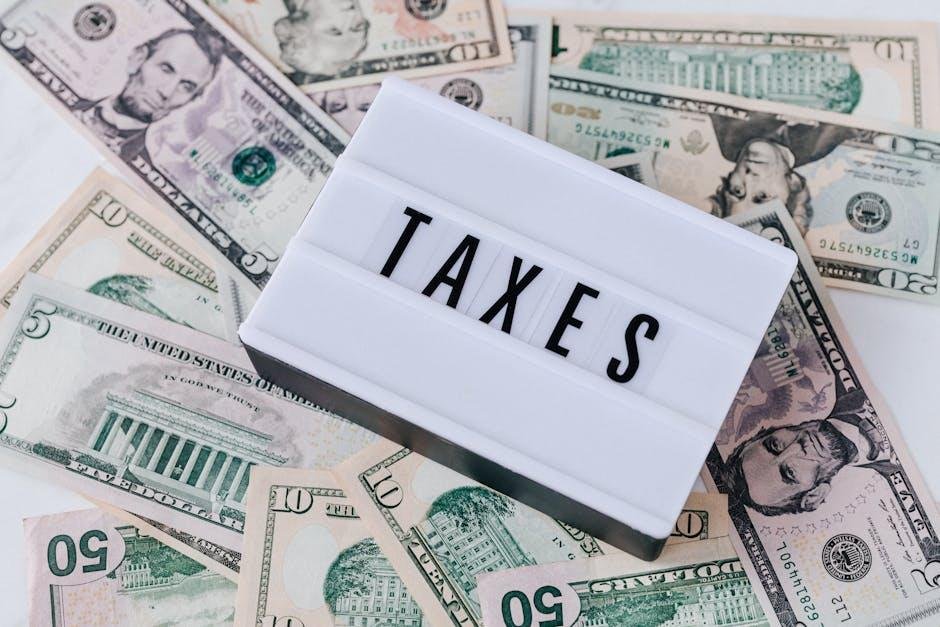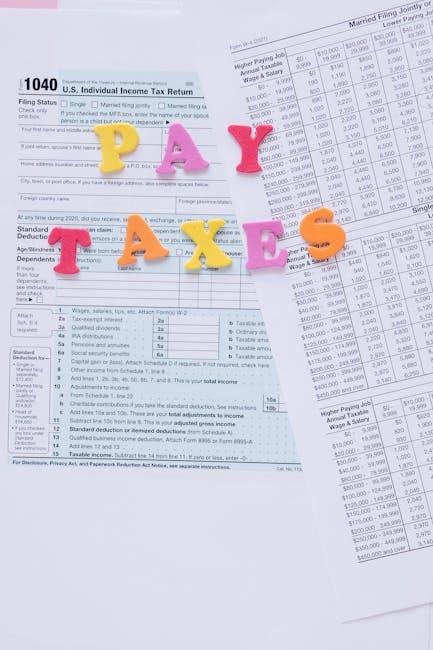When it comes to buying or selling a vehicle, understanding the financial implications is essential—especially when it comes to taxes. One of the most commonly overlooked aspects is whether sales tax applies to private car sales. As more people turn to personal transactions, whether through a classified ad, social media platform, or a pleasant neighbor, the question arises: do you owe sales tax on that car sale? Navigating the intricacies of sales tax can sometimes feel like steering through a maze, with regulations varying not only by state but also by the specifics of the transaction. In this article,we aim to clarify the landscape of sales tax in private car sales,helping you make informed decisions whether you’re a buyer or a seller. From the nuances of exemptions and tax rates to essential steps for a smooth transaction, let’s demystify the rules surrounding this often-confusing topic.
Understanding the Basics of Sales Tax on Private Car Transactions
When purchasing or selling a car privately, understanding the implications of sales tax is essential. Generally, sales tax applies to most vehicle transactions, whether they occur at a dealership or between private parties. However, the specifics can vary considerably depending on the state you live in. Before engaging in a private car sale, it is crucial to check your local sales tax regulations to avoid unexpected expenses or legal issues. Here are some of the factors to consider:
- State Regulations: Diffrent states have varying rules regarding sales tax obligations in private car transactions.
- Tax Rates: The sales tax rate may differ depending on your location and coudl impact the overall cost of the vehicle.
- Exemptions: Some states offer exemptions or reduced rates for specific types of sales or buyers, such as those involving family members.
Buyers may be required to pay sales tax based on the sale price of the vehicle, while sellers should be aware that they might need to report the sale to thier local authorities, depending on local laws.To help clarify your obligations, here’s a simple comparison table of some states’ sales tax policies for private car sales:
| State | Sales Tax Rate | Notes |
|---|---|---|
| California | 7.25% – 10.25% | Varies by county |
| Texas | 6.25% | Plus local rates, max 8.25% |
| Florida | 6% + local | May vary by county |
| New York | 4% – 8.875% | Local tax may apply |

State-Specific Regulations: Navigating the Tax Landscape
Navigating the intricacies of sales tax on private car sales can be a perplexing endeavor, especially since regulations vary widely across states. In many places, the seller is typically not responsible for collecting sales tax when transactions occur between private individuals. Instead, the burden often falls on the buyer, who must report the vehicle purchase when registering the car with the state. This process highlights the importance of understanding your state’s unique regulations to avoid unexpected fees or penalties. It’s also crucial to ensure that all necessary documentation, such as the bill of sale and title transfer, is completed correctly to facilitate the taxation process smoothly.
Here’s a simplified overview of several states and their regulations concerning sales tax on private car sales:
| State | Sales Tax on Private Sales | Notes |
|---|---|---|
| California | Yes | Buyer pays tax during registration |
| Texas | yes | Tax applied on sales price or market value |
| Florida | Yes | Buyer is responsible for paying at the time of title transfer |
| Nevada | No | Exempt if gifting a vehicle |
Understanding these state-specific nuances is vital for both buyers and sellers, as it affects their financial responsibilities and overall transaction experience. Moreover, some states may also offer exemptions based on particular circumstances, such as family transactions or vehicles under a certain age. Thus, it’s advisable to consult local tax authorities or a tax professional to ensure compliance with all legal obligations and to stay informed about any changes that might impact the tax landscape in your area.

When is Sales Tax applicable in Private Sales
Understanding when sales tax applies to private sales can be nuanced, especially in the case of vehicle transactions. Typically, sales tax is triggered when a vehicle is sold in exchange for money. However, the rules surrounding private sales can vary significantly by state, influencing both the seller’s obligations and the buyer’s costs. As an example, in many jurisdictions, if the seller is not a licensed dealer and the sale price is under a certain threshold, the transaction may be exempt from sales tax altogether.
When considering a private car sale, keep these key points in mind:
- State Laws: always verify local regulations as they dictate whether sales tax is applicable.
- Transaction Type: Gift transfers or family sales may not incur sales tax in some areas.
- Documentation: Be prepared to present necessary paperwork to tax authorities as proof of the transaction type and price.
Always remember that understanding these regulations can save you from unexpected expenses during a private car sale.

Practical Tips for Buyers and Sellers to Manage Tax Obligations
When engaging in private car sales, both buyers and sellers should be mindful of potential tax obligations. It’s essential to research the specific regulations in your state or area, as laws can vary significantly. Sellers should ensure they provide accurate documentation of the sale,including a bill of sale that clearly outlines the sale price and vehicle information. this documentation can definitely help buyers in validating any tax obligations when registering the vehicle. It could also be beneficial for sellers to verify if exemptions apply based on the sale circumstance, such as gifts or family transfers that might not incur sales tax.
Buyers, conversely, should be prepared to address sales tax during the vehicle registration process. In many regions, sales tax is calculated based on the purchase price or the fair market value of the vehicle, whichever is higher. It’s wise for buyers to keep thorough records of the sale, including receipts and any interaction with the seller, as these may be required by tax authorities. Consider the following points:
- Know your state tax rates: Sales tax rates for vehicle purchases can differ widely.
- Check for exemptions: Some states offer tax exemptions for certain transactions.
- Understand local fees: Additional registration fees may exist beyond just sales taxes.
Wrapping Up
As we conclude our exploration of whether sales tax applies to private car sales, it’s clear that the nuances of state laws can lead to varying outcomes. Whether you’re the buyer or the seller, understanding your obligations is crucial to avoid unexpected costs down the road. While the prospect of navigating taxes might seem daunting, staying informed empowers you to make confident decisions in your car transactions. So, next time you consider buying or selling a vehicle privately, remind yourself to check the local regulations—an informed approach not only protects your wallet but also ensures a smoother transfer of ownership. Drive safe and smart, and remember: knowledge is the best accessory for any car deal.


